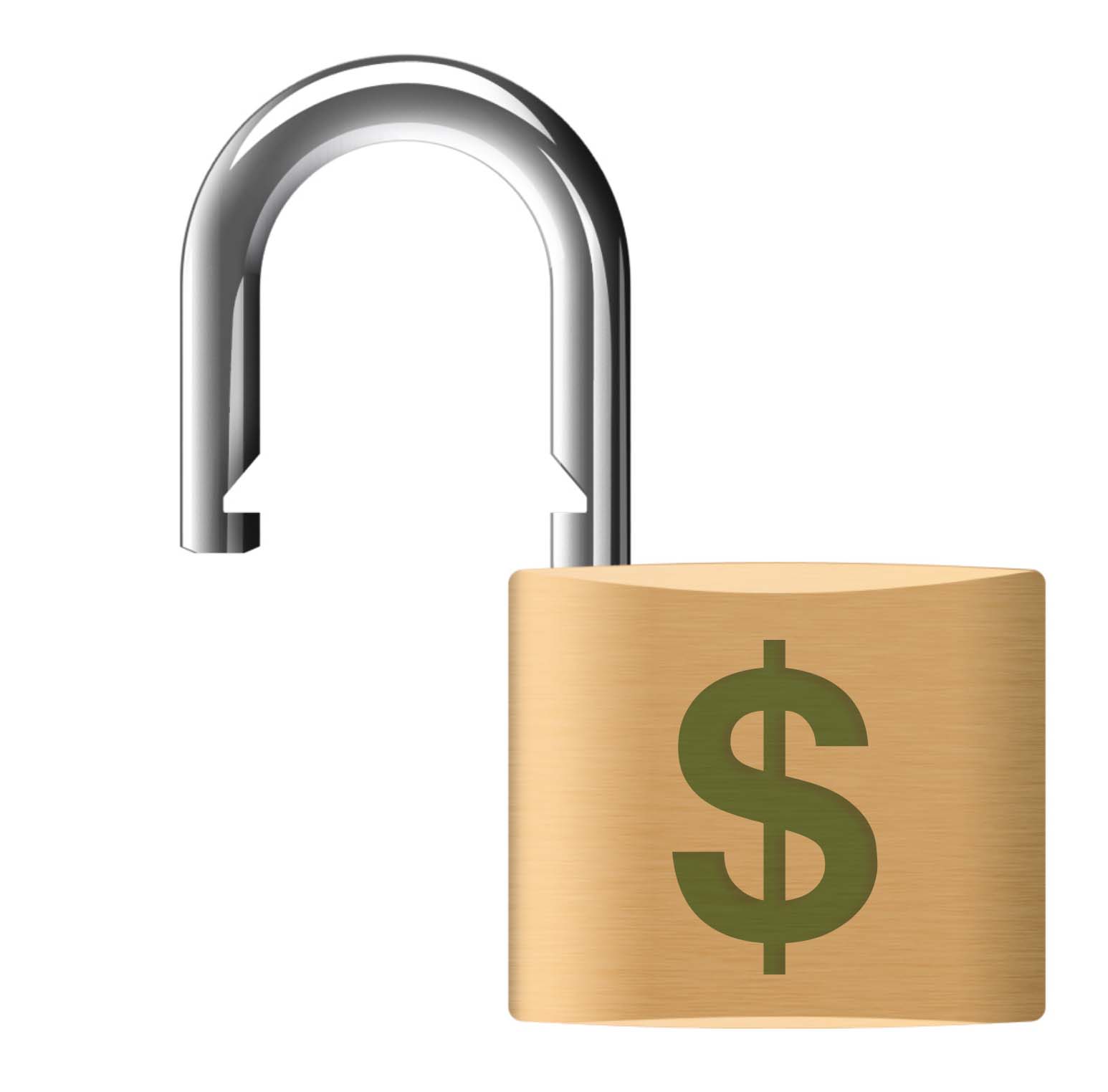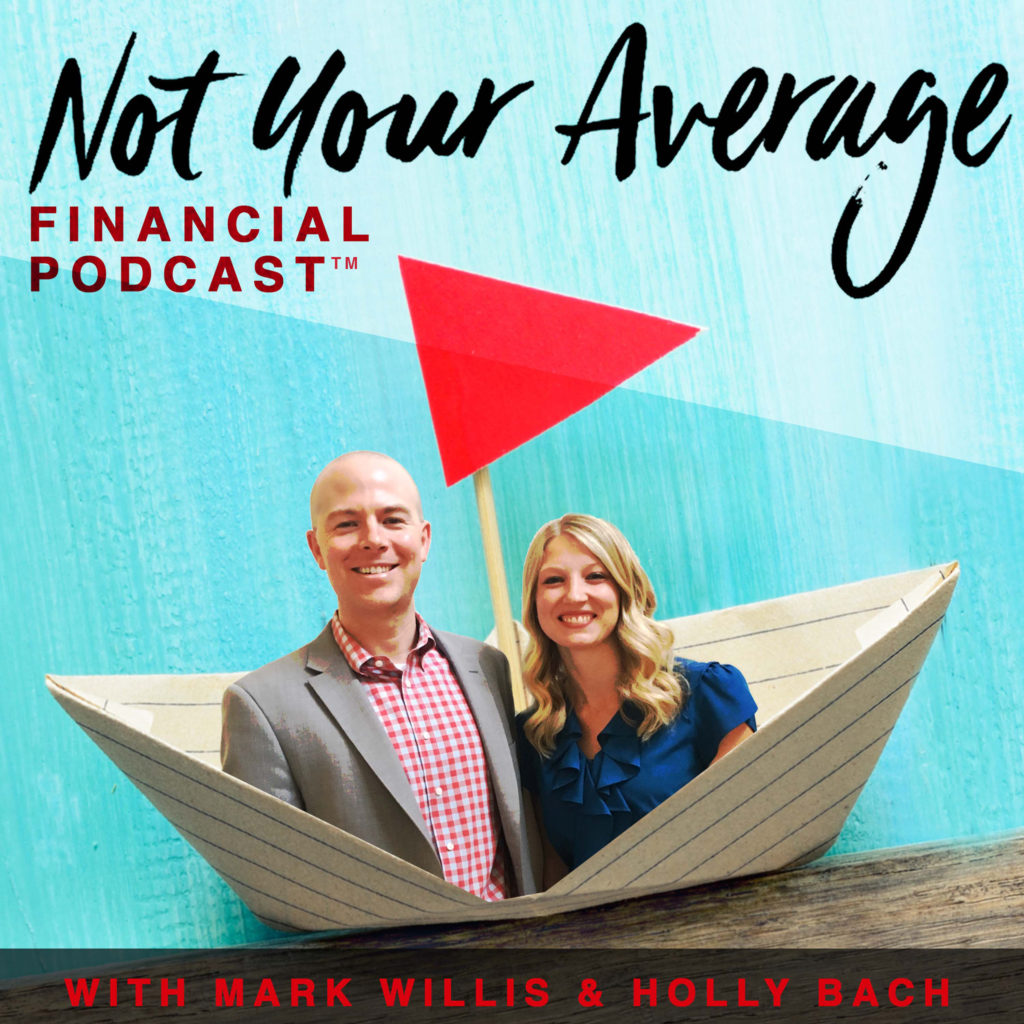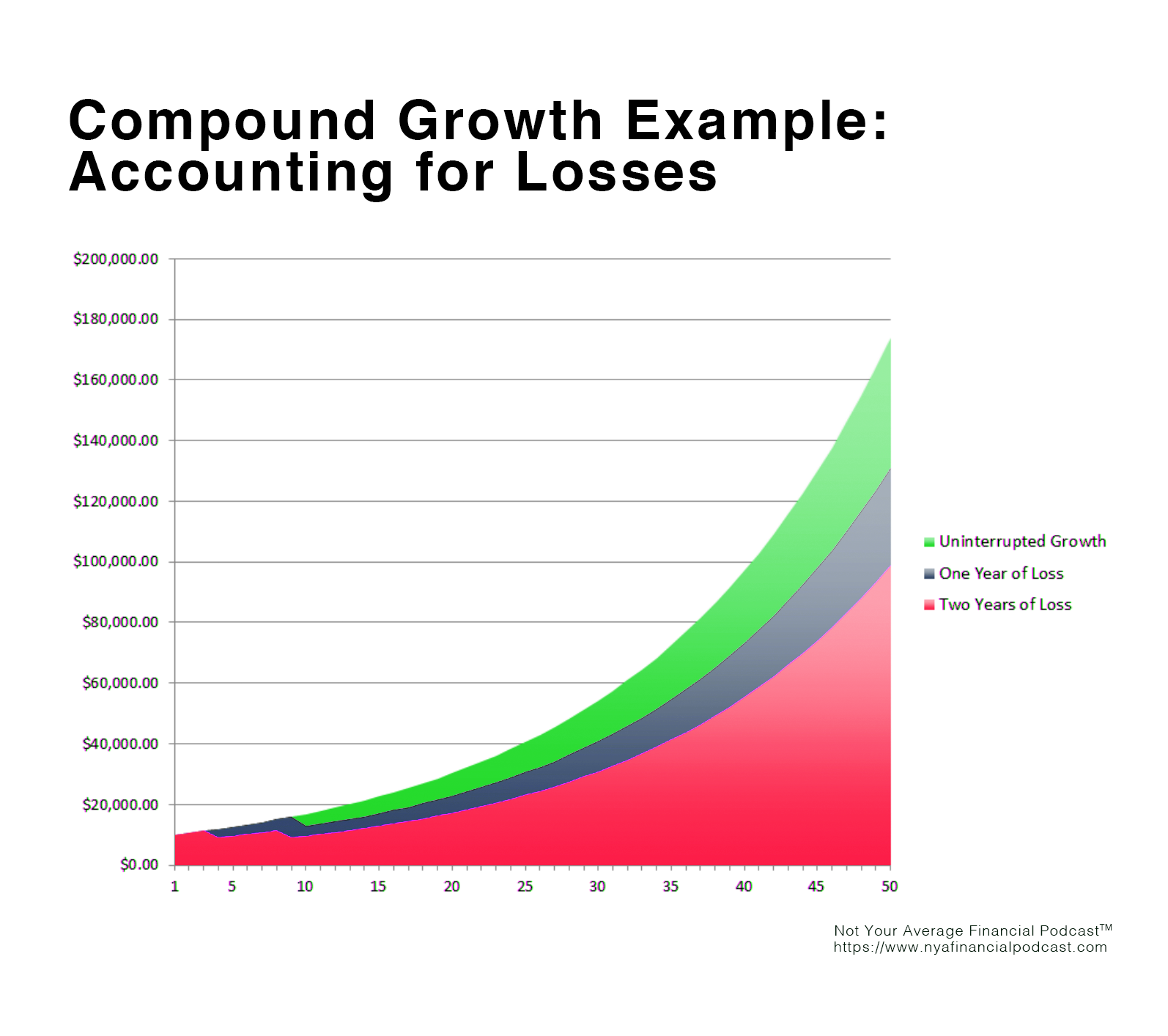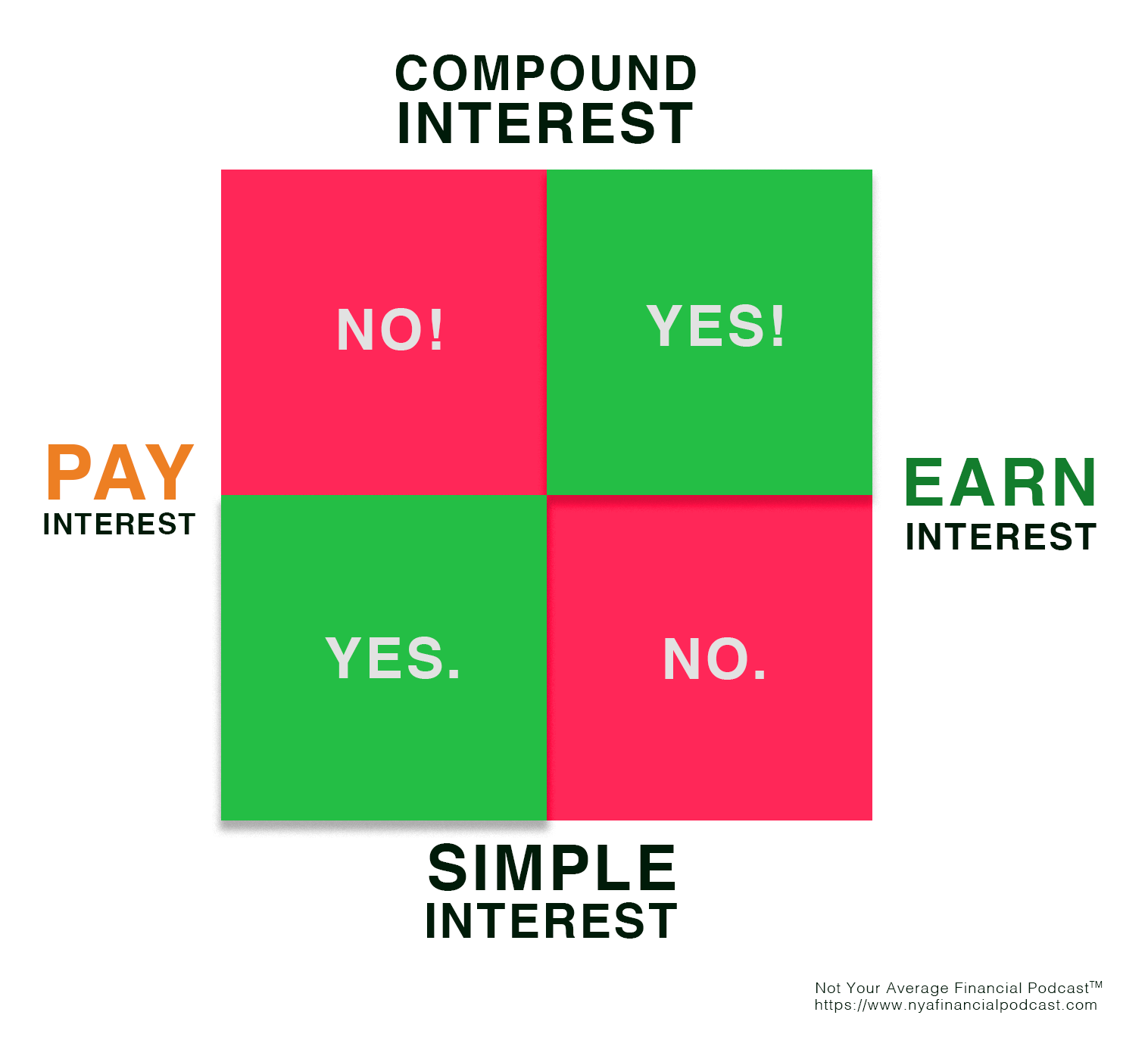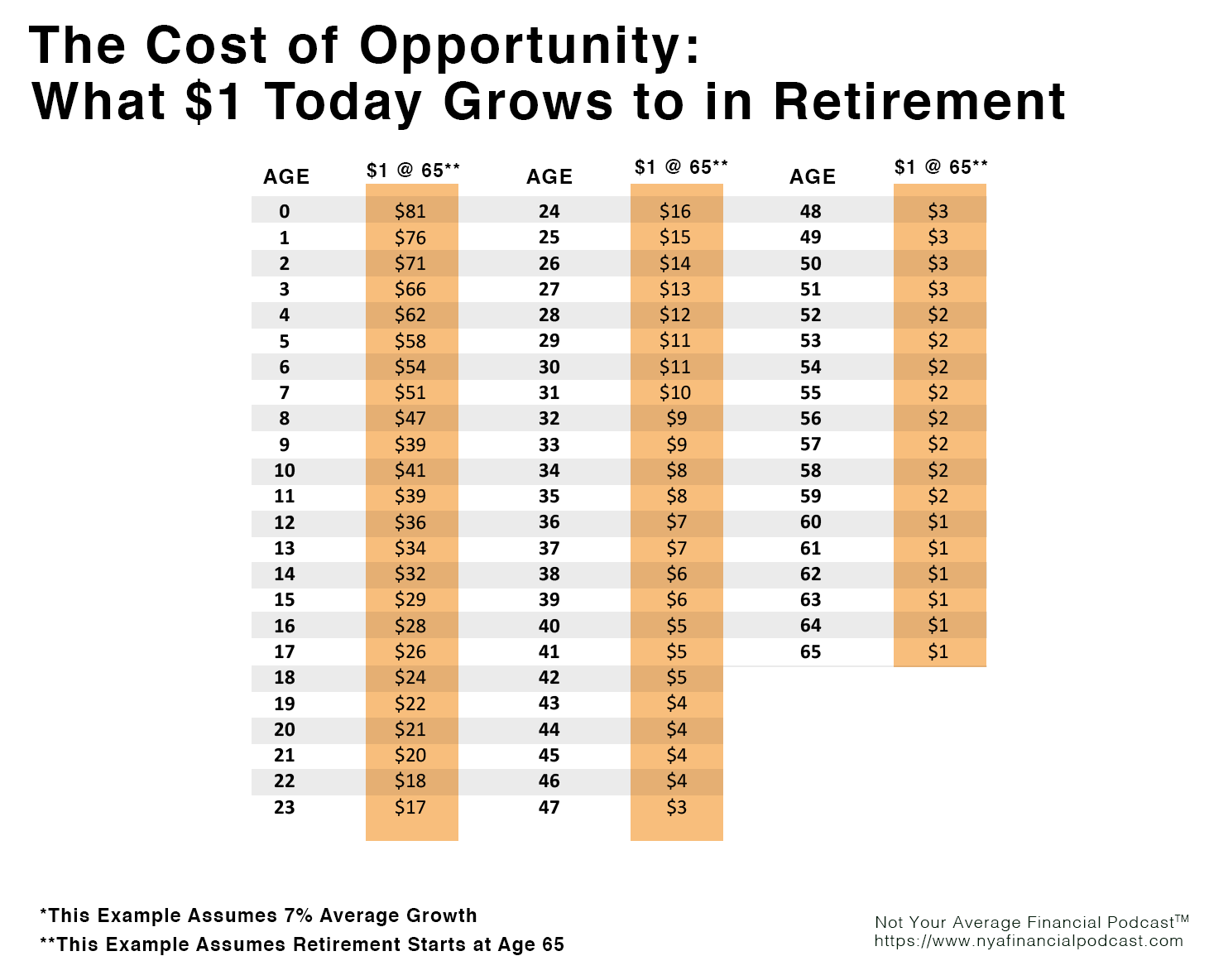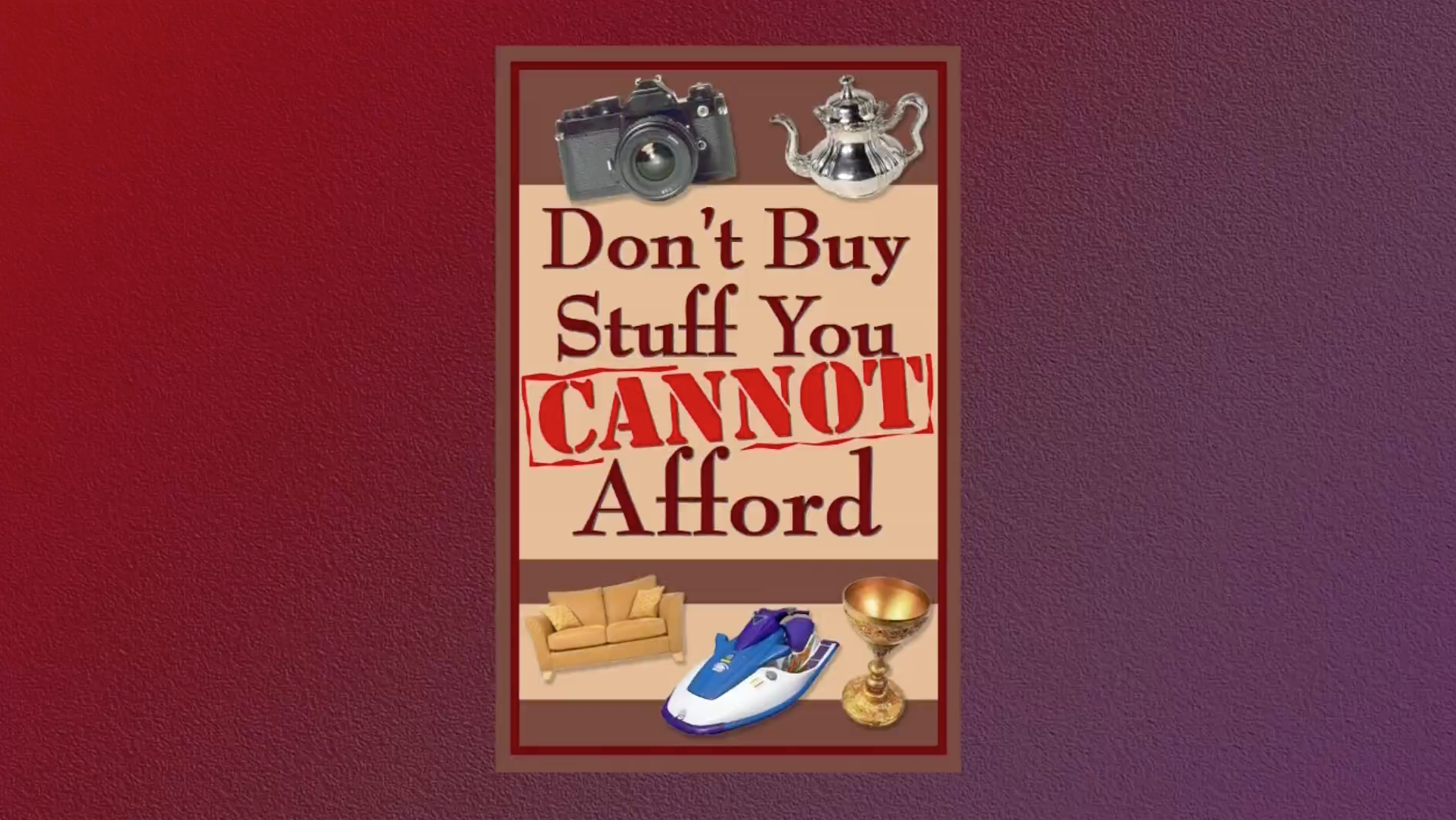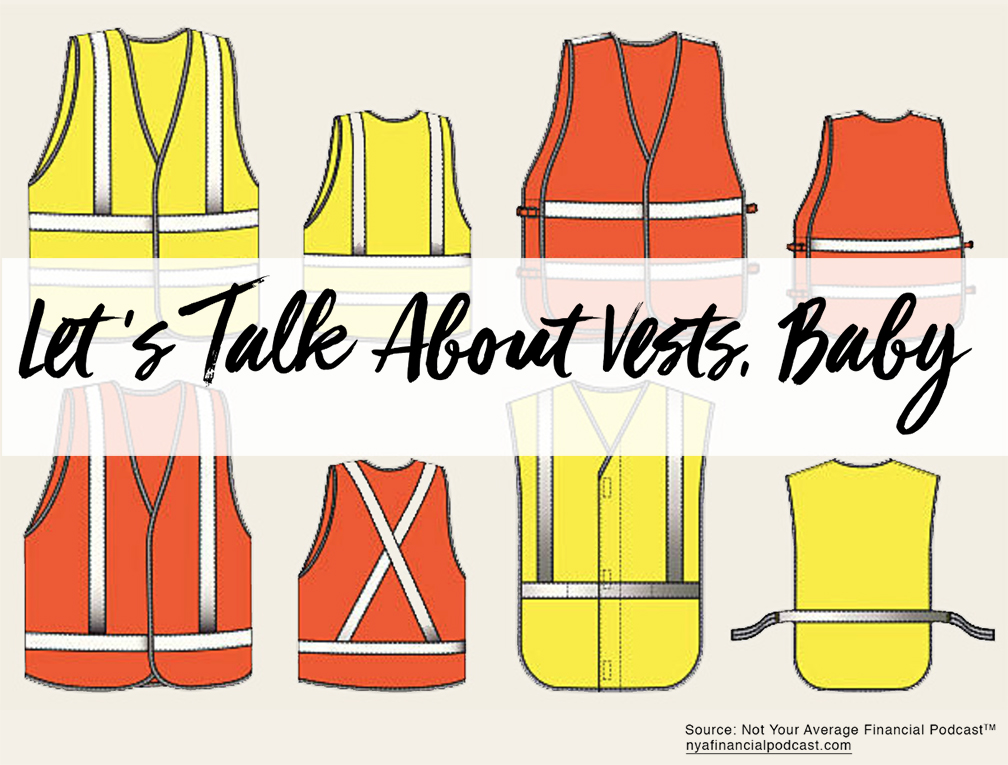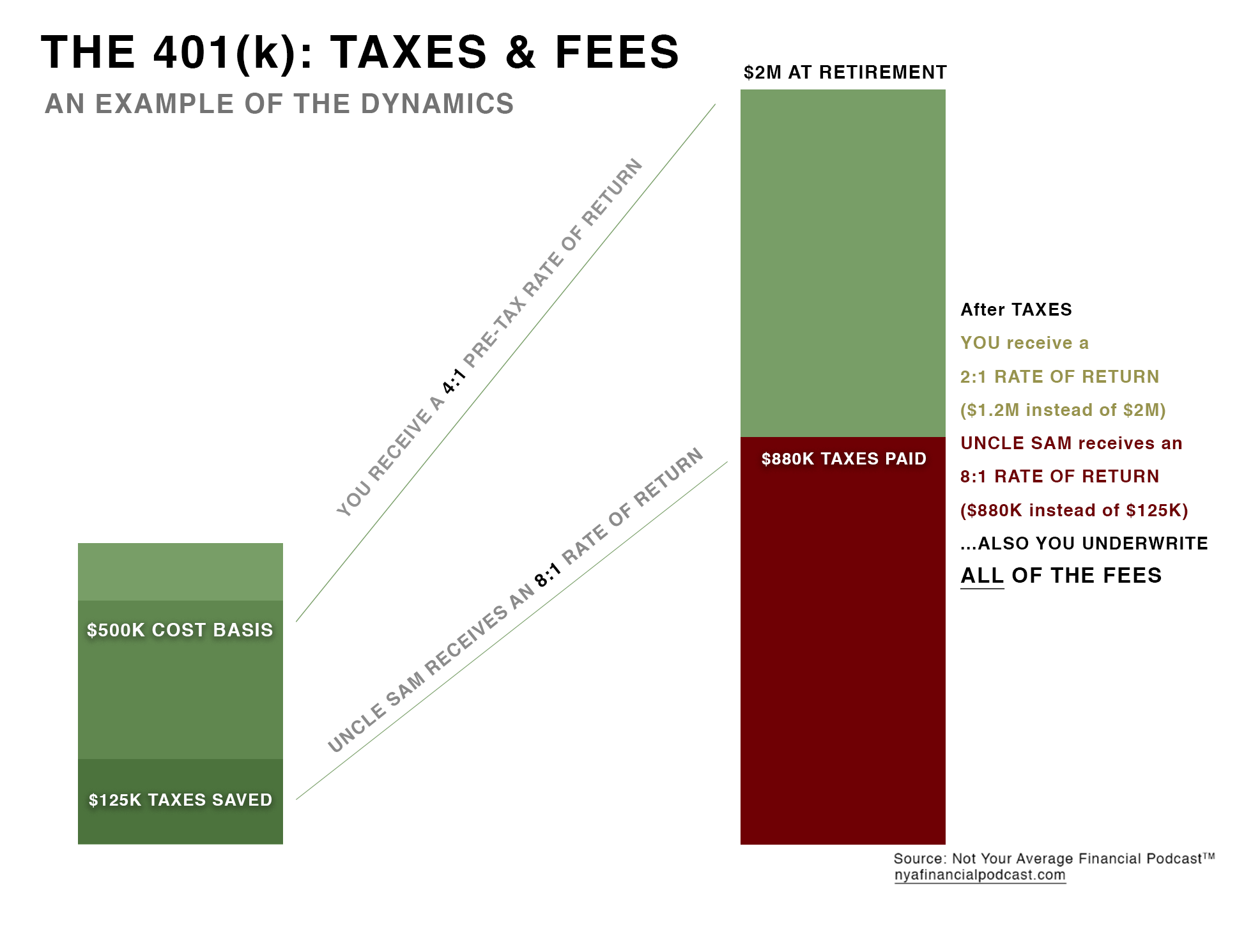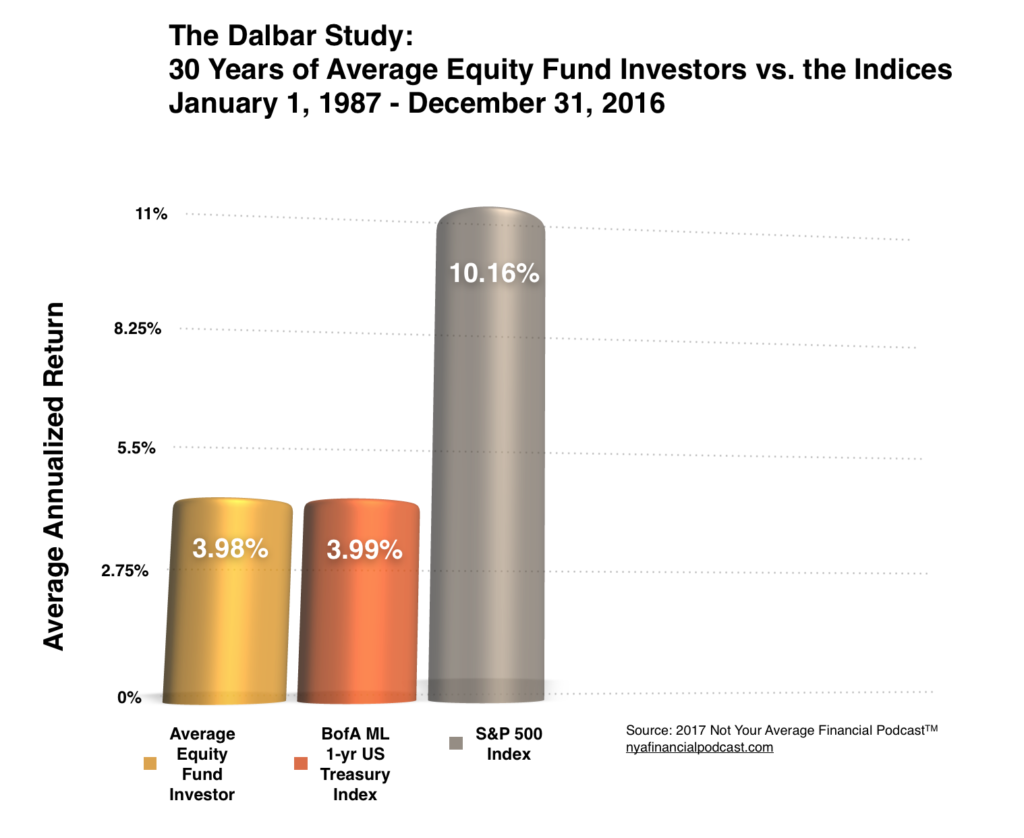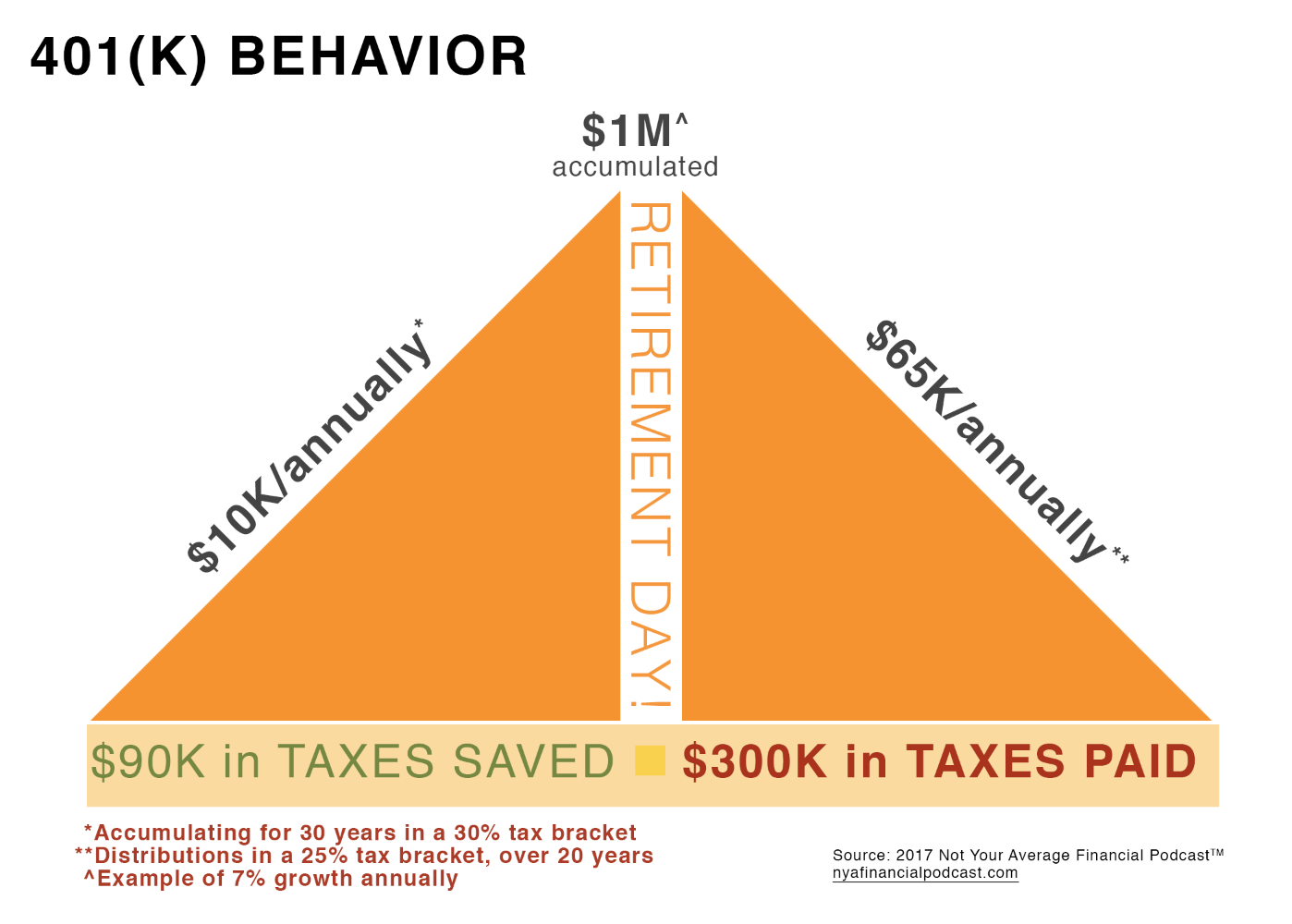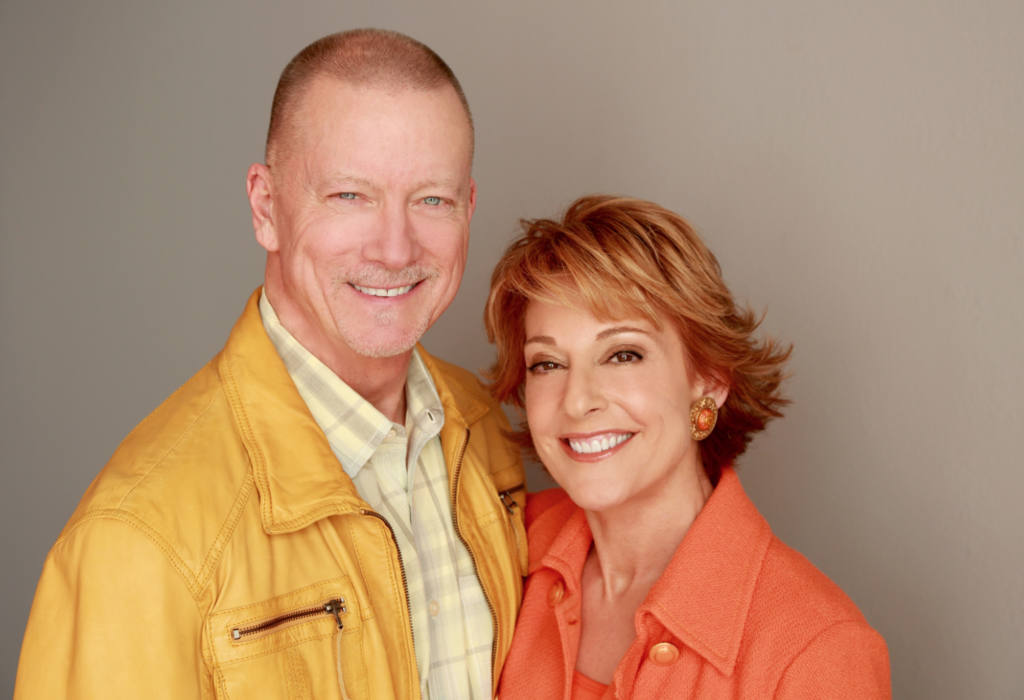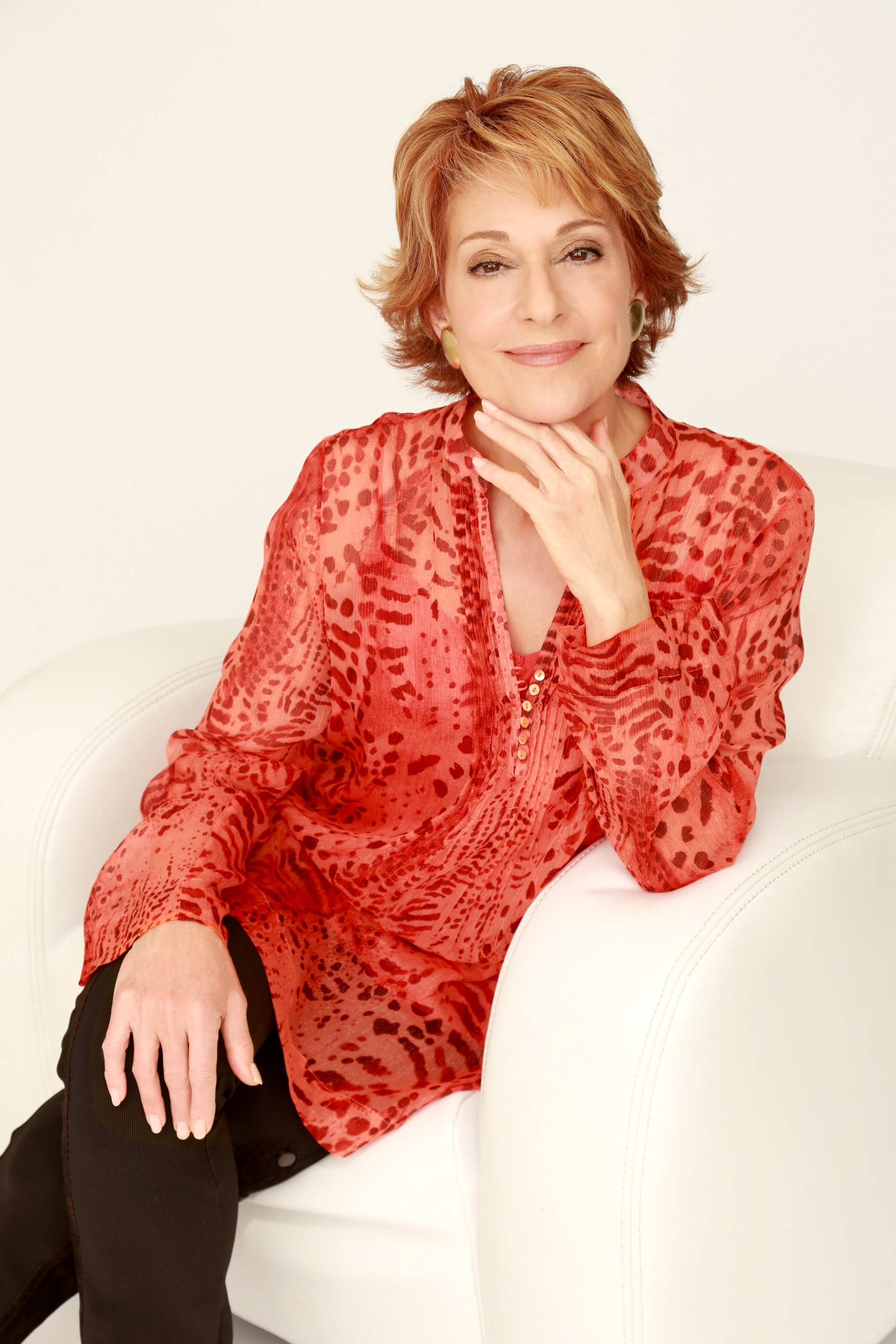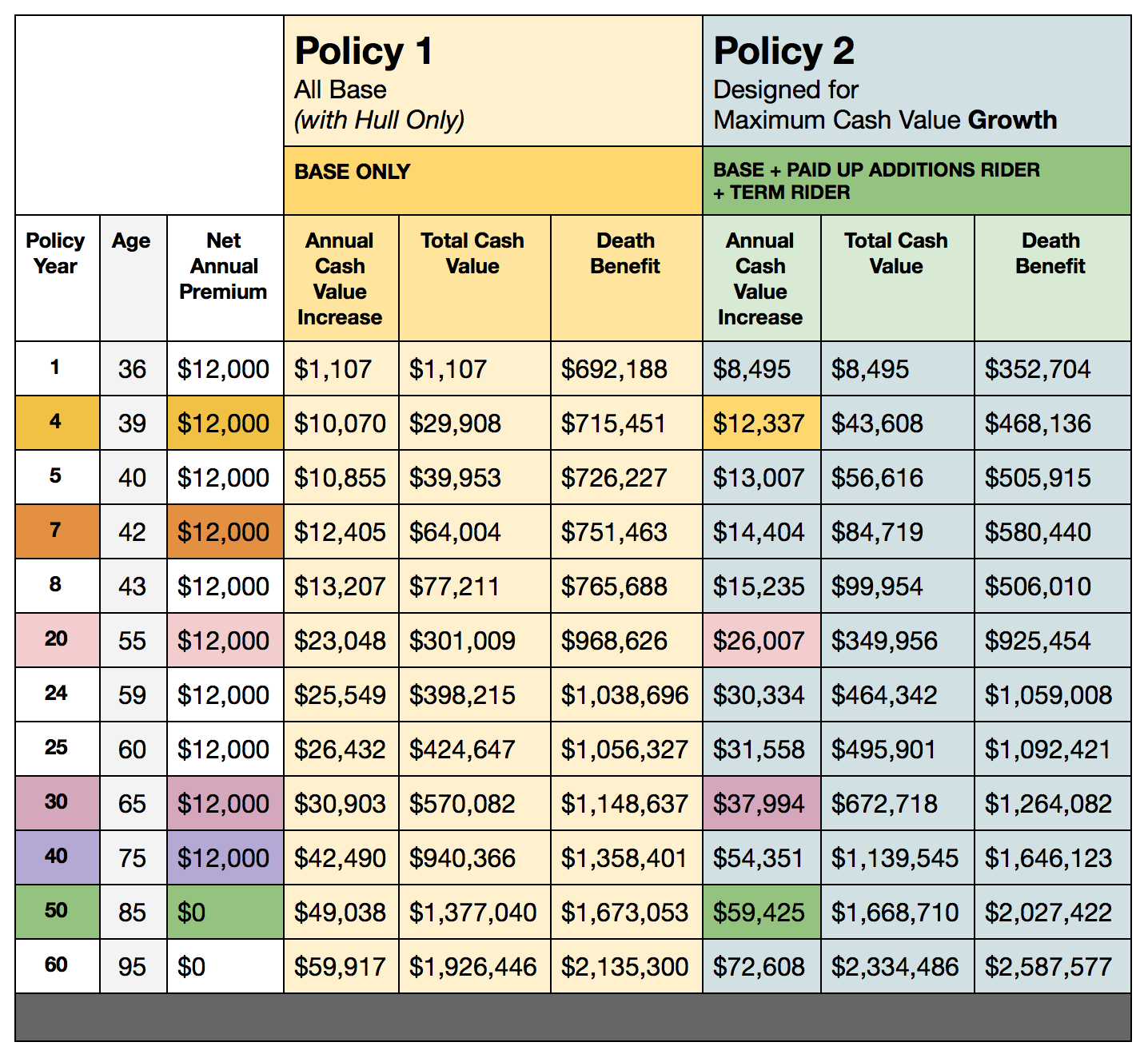Podcast: Play in new window | Download
Subscribe: Apple Podcasts | Android | RSS
In this episode, we ask:
- What is liquidity?
- How do loans affect your liquidity?
- How does liquidity affect cash needs in an emergency?
- How does your rate of return affect all of your investments?
- How does detail orientation affect financial planning decisions?
- How do we zoom out and think about this from a big picture perspective?
- Does making more income always afford more liquidity?
- What percentage of the average American’s income is being spent on interest?
- What does a higher rate of return do?
- How do you know if you’re “doing great”?
- What does volume have to do with it?
- How does liquidity solve your problems? What are the benefits of liquidity?
- How can you finance a new opportunity?
- What vehicles are liquid?
- What are the first steps to getting liquidity?
- How do you age your money?
- How do you break the paycheck to paycheck cycle?
- How much emergency fund do you need?
- How do you spend less than you earn?
- Where are you putting your money?
- What is the budget software Katrina mentions? Link: You Need A Budget (YNAB)
- If every American had a month’s worth of bills in the bank, what would change?
- How does liquidity affect your central nervous system?
- How can liquidity help when you lose income or a job?
- How can a buffer change your life?
- How can you weather a storm?
- How can you have more choices when you’re job hunting?
- How can you reduce your expenses?
- What are some ways to reduce health care costs?
- How do you get a sense of control?
- How do you give yourself options?
- How do time and liquidity work together to benefit you?
- How can you take advantage of new opportunities that come your way?
- How do you manage your money?
- How liquid are your accounts? Do you have access to your cash when you need it?
